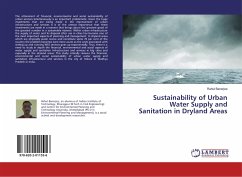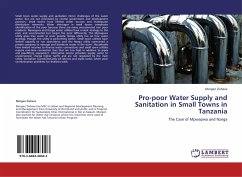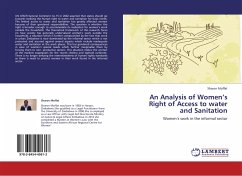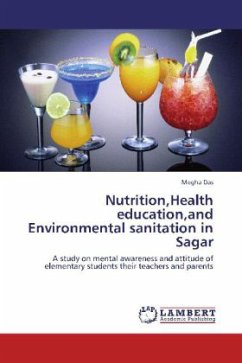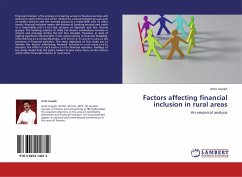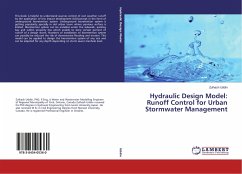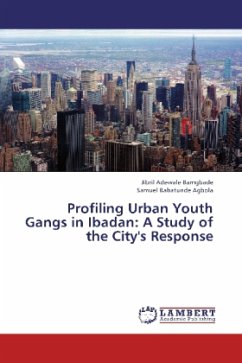The attainment of financial, environmental and social sustainability of urban services simultaneously is an important problematic. Given the huge investments that are being made in the improvement of urban infrastructure and services it is of the utmost importance that these investments are made in a manner that brings about the greatest good of the greatest number in a sustainable manner. Within urban infrastructure the supply of water and its disposal after use in cities has become one of the most important aspects of planning and management. In dryland areas which are physically water scarce and constitute some 70 per cent of the country the problem becomes even more acute as the costs associated with setting up and running WSS services goes up exponentially. Thus, there is a need to study in depth the financial, environmental and social aspects of water supply and sanitation infrastructure and services in big cities and especially in the dryland areas. This study critically reviews the financial, environmental and social sustainability of urban water supply and sanitation infrastructure and services in the city of Indore in Madhya Pradesh in India.
Bitte wählen Sie Ihr Anliegen aus.
Rechnungen
Retourenschein anfordern
Bestellstatus
Storno

